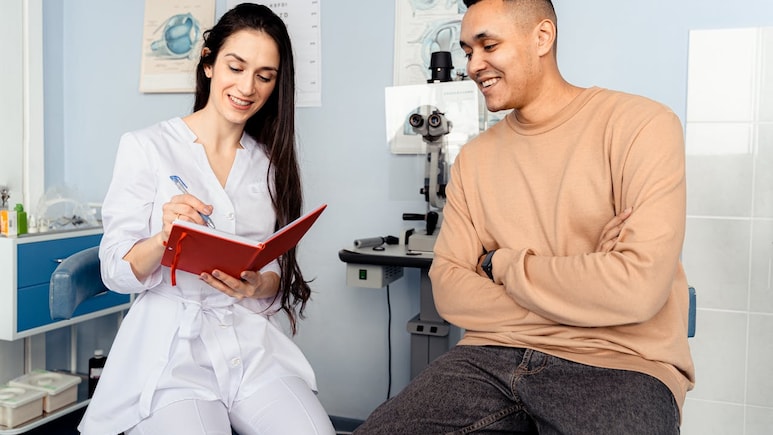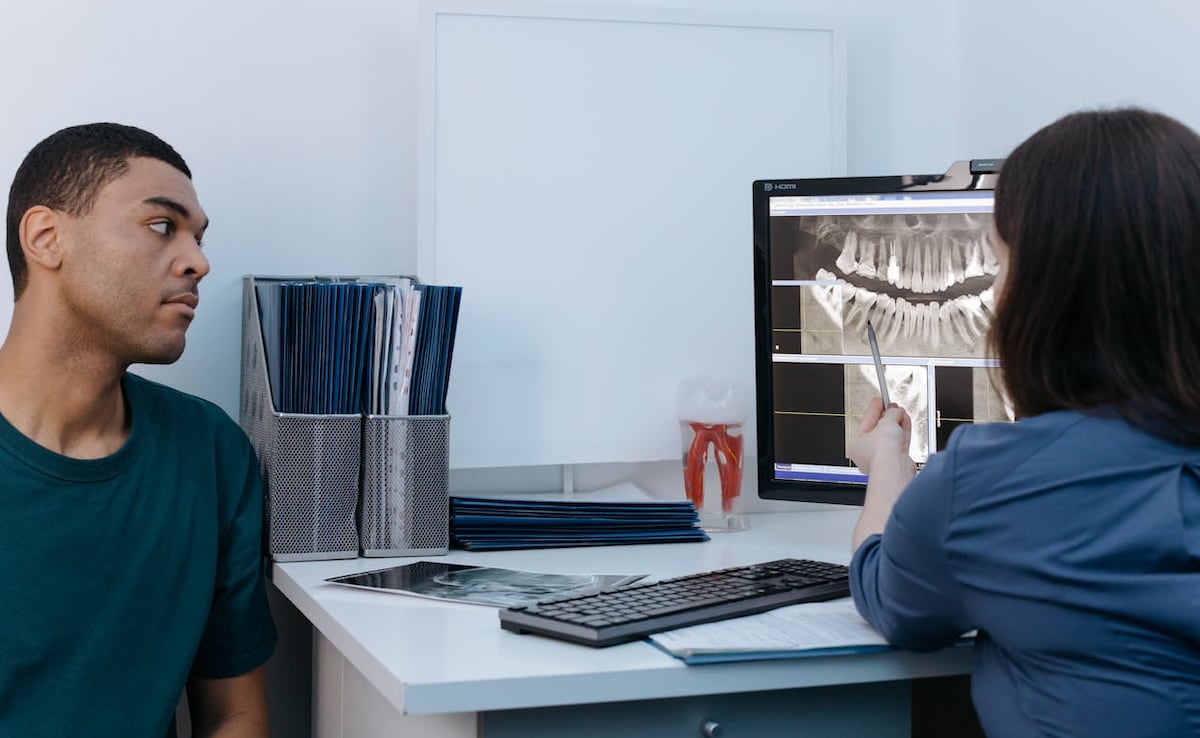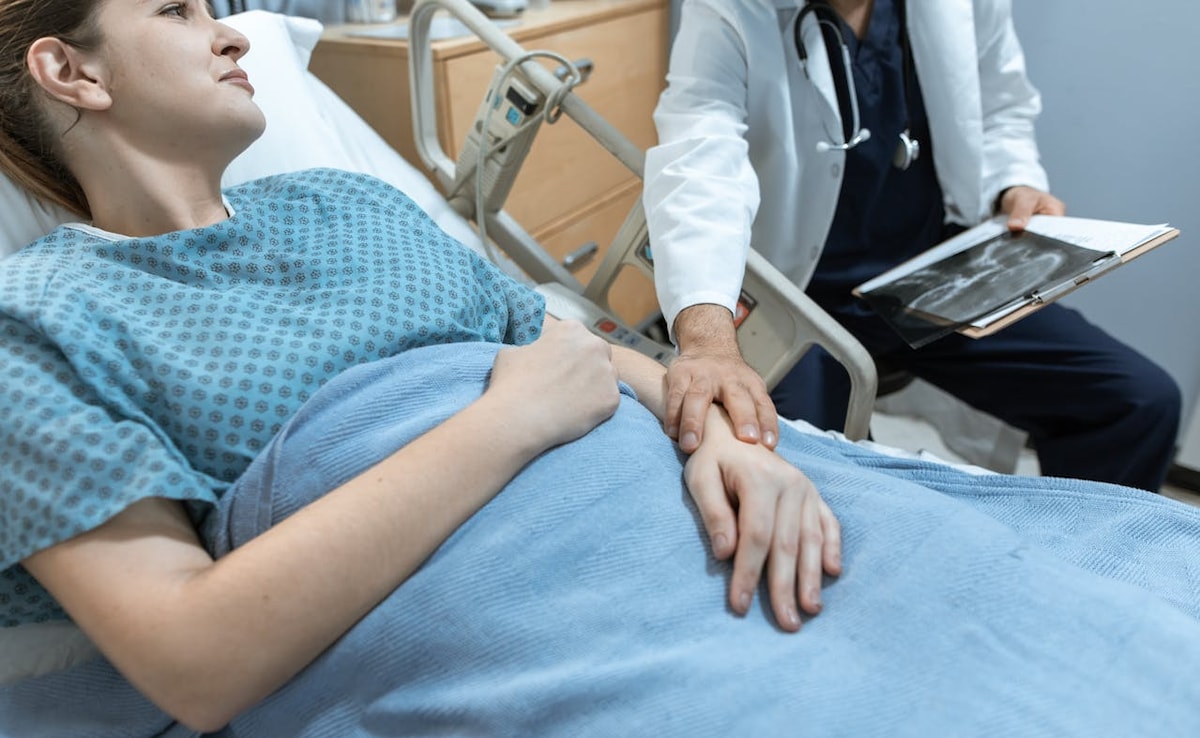
Your late 30s, roughly ages 35 to 39, is that sweet (and sometimes sneaky) spot in life. You're likely juggling work, family, and social life, while your body starts dropping subtle clues that deeper health changes are on the horizon. And here's the deal: most serious conditions, like high blood pressure, type 2 diabetes, cholesterol imbalances, or hormonal shifts, may quietly brew for years before giving you the proverbial "wake-up" call. Regular health screenings aren't a chore, they're your wellness GPS. They help you catch early signals, spot risks, and make timely tweaks, be it diet shifts, lifestyle changes, or medical consultation.
In an Indian setting, where risk factors like sedentary lifestyle, dietary patterns, family history of diabetes or heart disease are common, the value of screening becomes even more pronounced. Remember: prevention is always better (and lighter on the pocket) than cure. Taking charge of your health in your 30s sends a strong signal, not just to your body, but also your loved ones, that you value the life and the years ahead.
Why Screenings Matter In Your Late 30s
By your mid-late 30s, small imbalances start building up. High blood pressure, often symptomless, can silently strain your heart and brain. Elevated blood sugar may point toward pre-diabetes or diabetes. Cholesterol shifts and fatty-liver trends are showing up earlier, partly due to changing lifestyles. For women, changes in menstrual cycle or hormone levels may signal thyroid issues or early perimenopause. For men, drops in testosterone or early signs of prostate concerns may creep in.
Screenings help catch these early, letting you adjust diet, exercise, stress, or seek interventions when they're most effective. Especially in India, where genetic predispositions and urban living make early onset metabolic and cardiovascular risk more common, such vigilance pays off. Studies by NCBI, ICMR, and AIIMS emphasize that early detection and intervention reduce the burden not just on your health, but also on your financial and emotional well-being over time.
Common Screenings For Both Men & Women
Here are some common tests and screenings that both men and women in their late 30s should get done regularly:
Complete Blood Count (CBC)
- CBC test checks for anaemia, infections, and basic health patterns.
- Anaemia is common, especially among women; catching it early ensures energy and immunity stay intact.
Fasting Blood Sugar & HbA1c
- Screens for pre-diabetes and diabetes.
- India has a high burden of type 2 diabetes; early detection can lead to timely lifestyle correction.
Lipid Profile (Cholesterol & Triglycerides)
- Identifies cardiovascular risk.
- Even moderate cholesterol imbalances can be managed effectively with early lifestyle shifts.
Blood Pressure Measurement
- Often called the silent killer, high BP typically shows no symptoms.
- Regular BP checks are inexpensive, quick, and lifesaving.
Liver & Kidney Function Tests (LFT & KFT)
- Screen for silent liver or kidney issues, often due to lifestyle or medications.
Thyroid Function Tests (T3, T4, TSH)
- Thyroid disorders can appear subtly, with fatigue, weight changes, or mood shifts.
- Early identification leads to smoother management.
Body Mass Index (BMI) & Waist-Hip Ratio
- Central obesity is a big risk factor for metabolic health.
- Simple measurements can powerfully predict future disease risk.

Photo Credit: Pexels
Men-Specific Screenings In Late 30s
Men in their late 30s should get the following screenings done regularly:
Testosterone Levels
- If you experience low energy, reduced libido, or mood changes, a simple blood test can help assess if testosterone levels are dipping.
- Early detection can guide lifestyle adjustments (sleep, stress, exercise) or prompt endocrinology consultation.
Prostate Screening (PSA)
- Though routine prostate-specific antigen (PSA) testing is more common later, if you have a family history, it's worth discussing your risk with a doctor.
Abdominal Aortic Aneurysm (AAA)
- This screening is relevant for smokers, and those with a family history of the issue.
- A one-time ultrasound may be warranted if risk factors exist; though uncommon, awareness is key.

Photo Credit: Pexels
Women-Specific Screenings For Your 30s
Here are some health screenings, mostly gynaecological, and tests that women in their 30s shouldn't miss:
Pelvic Exam & Pap Smear
- Detects early signs of cervical changes or infection.
- India's cervical cancer burden makes regular screening essential.
Breast Self-Exam & Clinical Breast Exam
- Begin monthly self-checks and consider clinical exams every 1-3 years depending on risk.
Bone Health (Vitamin D / Calcium Levels)
- Due to cultural and dietary patterns, vitamin D deficiency is widespread in Indian women.
- Early measurement and correction support bone density and hormonal balance.
Endocrine Panels (FSH, LH, and possibly AMH)
- Helps track reproductive hormone shifts, especially if menstrual cycles become irregular.
- Useful for family-planning decisions or early perimenopause awareness.
What To Do Next: Tips For Implementing
Now that you know which screenings you need to get done, here are the next steps you need to take, irrespective of your gender:
- Talk to Your Doctor: Share your family history (e.g. heart disease, diabetes, cancers) - test panels can be tailored accordingly.
- Annual Check-Ups: Doing these tests once a year keeps you on top of trends, not surprises.
- Track Trends, Not Just Values: A slightly elevated reading may not alarm you, but if it's creeping up each year, it's time for action.
- Lifestyle First: Regardless of results, focus on balanced diet, stress management, adequate sleep, and physical activity.
- Local Access Matters: Many public hospitals like AIIMS, PGIMER, ICMR-affiliated centres provide low-cost or subsidized testing. Use them wisely to stay fit and financially savvy.
Disclaimer: This content including advice provides generic information only. It is in no way a substitute for a qualified medical opinion. Always consult a specialist or your own doctor for more information. NDTV does not claim responsibility for this information.
Track Latest News Live on NDTV.com and get news updates from India and around the world

